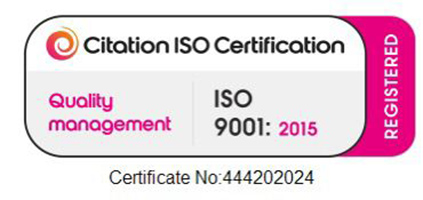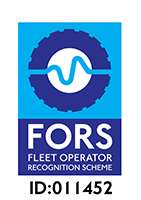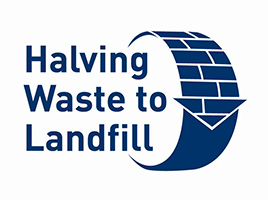COMMERCIAL & INDUSTRIAL
Both our Hailsham and Polegate sites accept commercial and industrial waste from the commercial sector. This is via our skip hire service and via waste that comes from wheelie bins in the form of packaging, cardboard, soft plastics and polystyrene.
Commercial and industrial waste refer to different types of waste generated by businesses, commercial establishments, and industrial activities. While both come from non-residential sources, they differ in terms of their origins and composition.

Commercial Waste:
- Definition: Commercial waste comprises materials generated by businesses, shops, offices, restaurants, and other commercial entities during their operations.
- Examples: Paper, cardboard, packaging materials, food waste, plastics, and other materials commonly discarded in commercial settings fall into this category.
Industrial Waste:
- Definition: Industrial waste is generated by manufacturing, production, or industrial processes.
- Examples: Chemicals, hazardous materials, manufacturing byproducts, metals, wastewater, and other materials produced during industrial operations are classified as industrial waste.
Key distinctions between the two types of waste lie in their sources, with commercial waste arising from general business activities and industrial waste originating specifically from manufacturing and industrial processes.
Efforts to manage and reduce commercial and industrial waste involve various strategies including recycling, waste segregation, adoption of eco-friendly practices, treatment of hazardous waste, and compliance with environmental regulations. Many industries and businesses aim to minimise waste generation and maximise recycling to reduce their environmental impact and promote sustainability.





